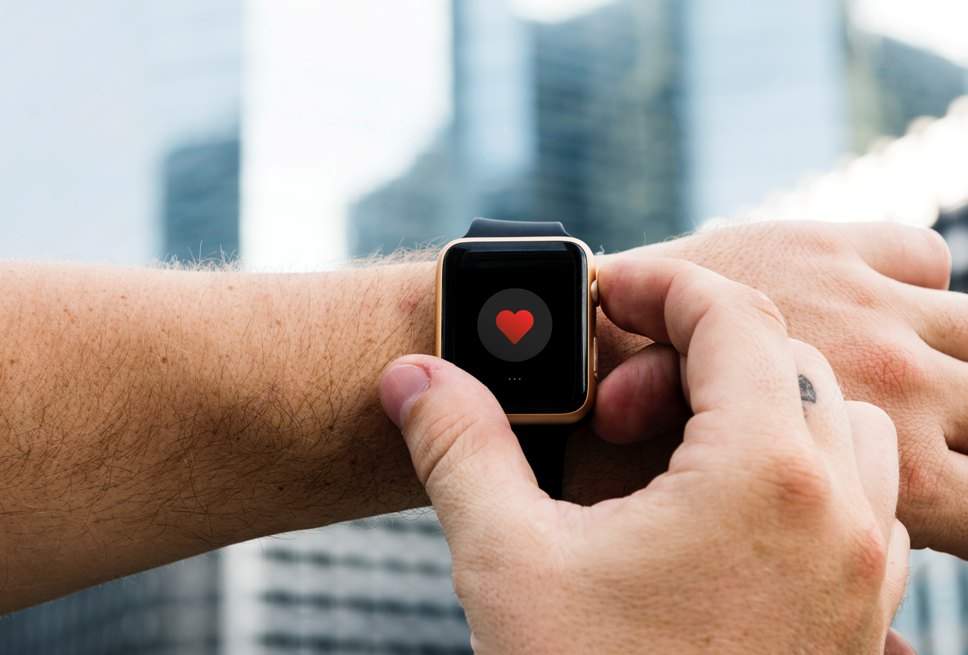
The companies will evaluate whether a new heart health program using an app from Johnson & Johnson in combination with Apple Watch’s irregular rhythm notifications and ECG app can speed up the diagnosis and enhance health outcomes of the 33 million people worldwide living with AFib.
In the US alone, the condition leads to about 130,000 deaths and 750,000 hospitalizations every year.
As part of this study, a multi-year research program will be launched later this year. The study will be conducted in the US only and will be designed as a randomized controlled research for people who are over and above the age of 65 years.
Johnson & Johnson executive committee vice chair and chief scientific officer Paul Stoffels said: “We’re excited about the potential of common, wearable technology to aid in the earlier detection and prevention of a frequent cause of stroke. Too many people living with AFib are unaware of their risk, and earlier detection, diagnosis and treatment of AFib could significantly improve outcomes.
“Based on the insights generated through this research program, we may be able to develop new ways to detect other health conditions earlier in the future that also exhibit measurable physiological symptoms.”
The study aims to measure the outcomes of a heart health engagement program with irregular rhythm notifications on Apple Watch and to assess the impact of a medication adherence program using an app from Johnson & Johnson.
Apple chief operating officer Jeff Williams said: “Through Apple Watch people have been able to learn more about their heart health, including discovering they have AFib. This kind of information empowers customers to follow up with the right treatment or even better, implement healthy habits aimed at prevention.
“We’re excited to work with Johnson & Johnson, a leader in the medical community, as we learn about the impact Apple Watch can have in delivering better health outcomes.”
The recent mHealth Screening to Prevent Strokes (mSTOPs) study conducted by the pharmaceutical company showed that early screen can lead to increased AFib detection.






